Cubesat
Latest
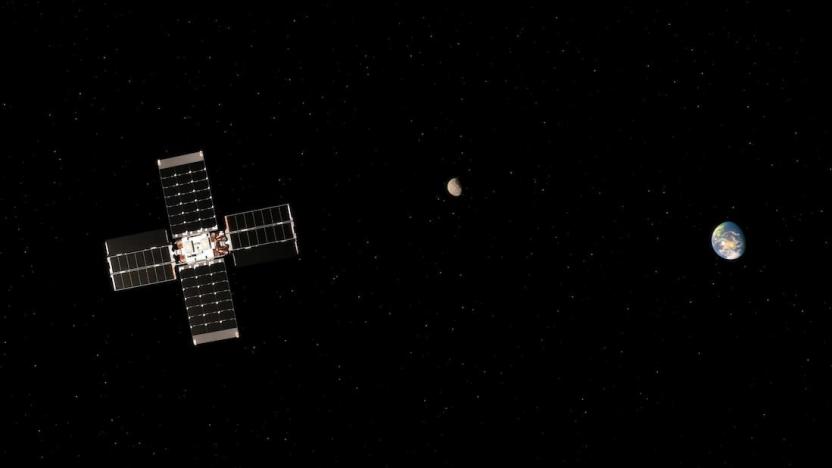
NASA ends its Lunar Flashlight mission
The CubeSat failed to enter the moon's orbit on its ice-finding operation.
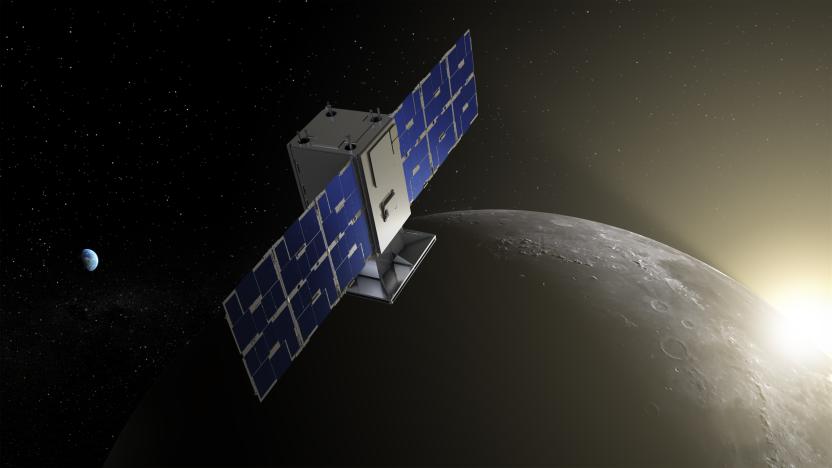
NASA's CAPSTONE satellite has gone dark
NASA has lost contact with CAPSTONE, a tiny satellite that left Earth's orbit on July 4th. CAPSTONE is a cubesat weighing just 55 pounds, and it's headed for the Moon as part of NASA's plan to get humans back on the lunar surface for the first time in more than 50 years.

NASA's CAPSTONE satellite breaks from Earth's orbit and heads toward the Moon
The cubesat is critical to the first Artemis mission.
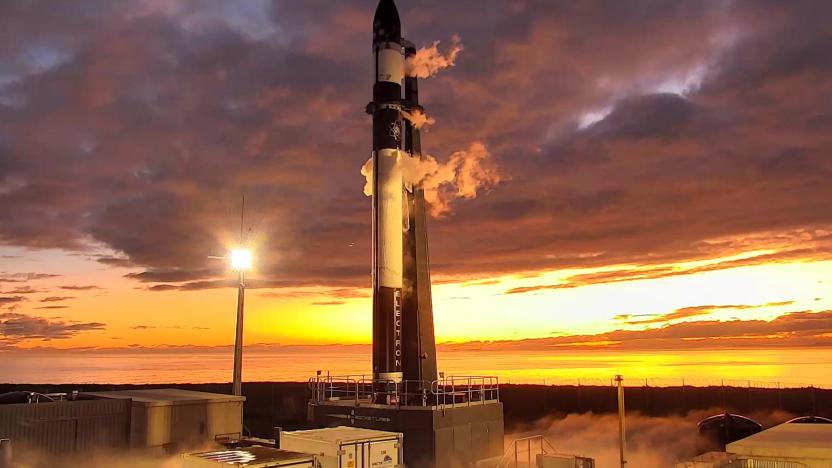
NASA takes a step towards putting humans back on the Moon with CAPSTONE launch
Rocket Lab has successfully launched NASA's 55-pound CAPSTONE cubesat that will eventually orbit the moon if all goes to plan.
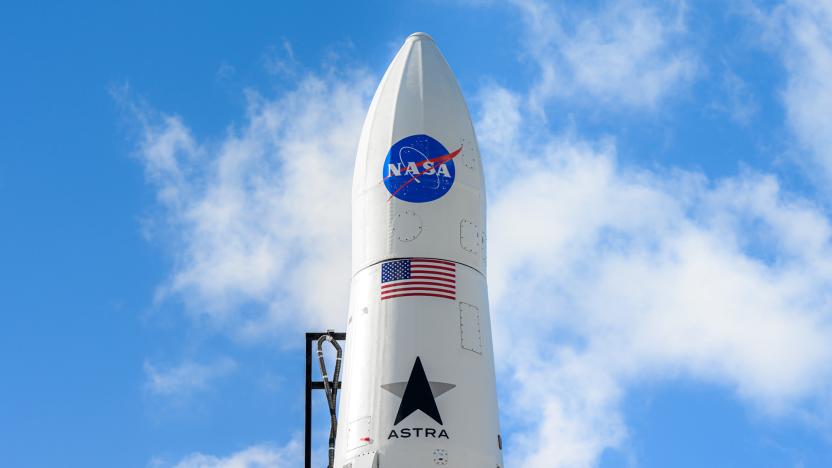
Astra's cubesat launch for NASA ends in failure
Astra's cubesat mission for NASA has ended in failure after the rocket stage separation went haywire.

SpaceX is buying an Internet of Things smallsat company
SpaceX has bought Swarm Technologies, a company focused on small satellites that power internet-of-things services.
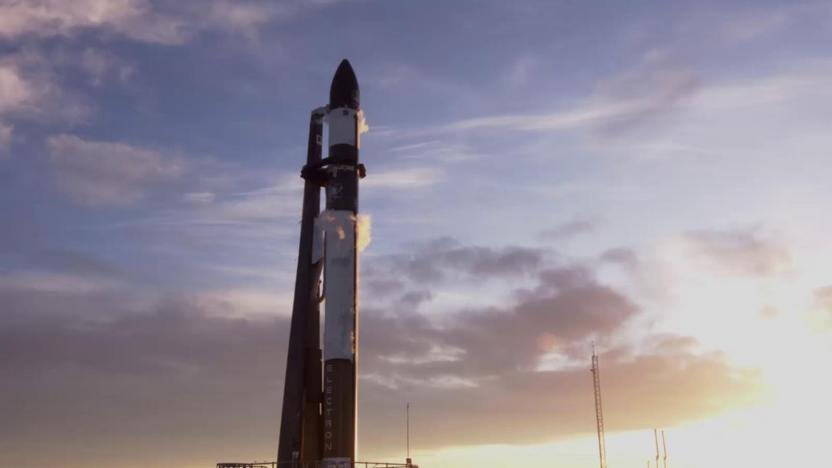
Rocket Lab will launch its first Moon mission from New Zealand in late 2021
Rocket Lab has revealed that its first Moon mission, CAPSTONE, will launch from New Zealand near the end of 2021.

Watch the first livestreamed Virgin Orbit rocket launch starting at 9:50AM ET
Virgin Orbit is livestreaming a rocket launch for the first time — here's how to tune in to the flight, which could start as soon as 9:50AM Eastern.

SpaceX will launch a Dogecoin-funded Moon satellite
SpaceX has agreed to launch a Moon satellite funded entirely by Dogecoin in early 2022.
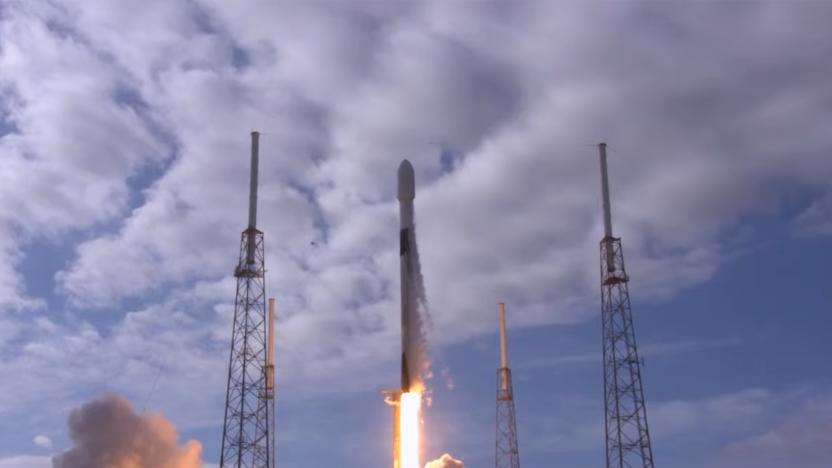
SpaceX launches a record 143 satellites into orbit
SpaceX has successfully launched a record 143 satellites into orbit in its first SmallSat Rideshare Program mission.
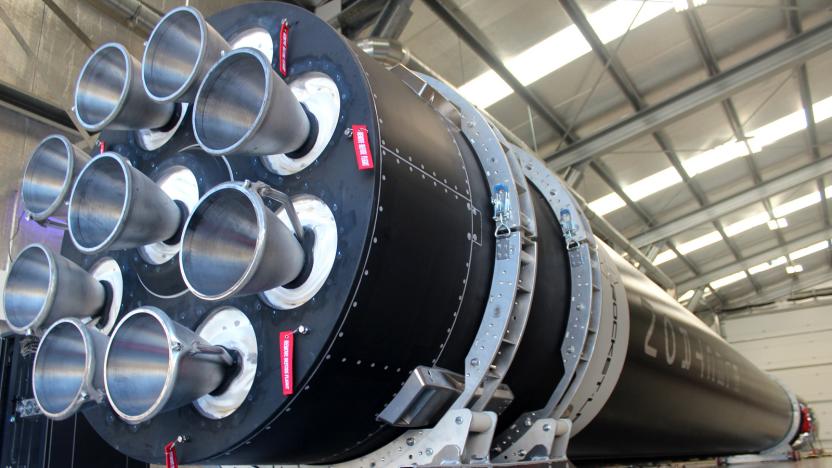
Watch Rocket Lab launch a Canon satellite into space at 5:19PM ET
Rocket Lab is launching a Canon satellite and other payloads into orbit at 5:19PM Eastern, and you can watch the mission as it happens.

Rocket Lab will launch a NASA cubesat to the Moon
Rocket Lab will fulfill its dreams of launching payloads to the Moon. NASA has picked Rocket Lab to carry its CAPSTONE (Cislunar Autonomous Positioning System Technology Operations and Navigation Experiment) cubesat into the Moon's orbit in early 2021. An Electron rocket will launch from NASA's Wallops facility in Virginia, with the Photon platform sending CAPSTONE into a trans-lunar injection. The cubesat will only handle the last stage, when it propels itself into a cislunar orbit.

Virgin Orbit plans to send cubesats to Mars as early as 2022
Virgin Orbit plans to be the first private company to send cubesats to Mars. Today, it announced a partnership with the Polish satellite company SatRevolution and a dozen Polish universities to design a series of small-satellite missions to the Red Planet. The first cubesat could launch as early as 2022.

NASA's latest cubesat candidates include a solar sail test
NASA's CubeSat Launch Initiative is still going strong nine years after it was first announced. In fact, the agency has just revealed the 16 small satellite projects hitching a ride on bigger missions from 2020 to 2022. The selected CubeSats, which include ones designed to deploy an inflatable antenna and another that's meant to test solar sails, come from various educational institutions and research organizations from 10 different states.

Researchers propose guiding large space telescopes with tiny satellites
Using the recently retired Kepler space telescope, scientists have confirmed thousands of exoplanets, and as its successor TESS ramps up its search, we're poised to discover plenty more. But once we find exoplanets, learning more detailed information about them requires larger, more powerful space telescopes. These telescopes would need very large mirrors, much like NASA's upcoming (and continuously delayed) James Webb Telescope, which will use its 6.5-meter-wide mirror to observe extremely distant galaxies. And like the James Webb Telescope, they very well could have a mirror made up of many individual segments -- Webb's has 18.

Rocket Lab launches NASA's first dedicated cubesat mission
Rocket Lab isn't quite done establishing firsts. The company has successfully launched ElaNa-19 (Educational Launch of Nanosatellites), NASA's first cubesat mission to get a dedicated ride to space. Until now, the agency's tiny satellites have piggybacked on missions carrying larger payloads. It's also the first Venture Class Launch Services mission for the company, and the first time Rocket Lab has conducted two launches that are relatively close together. Its initial commercial flight, "It's Business Time," lifted off five weeks ago.
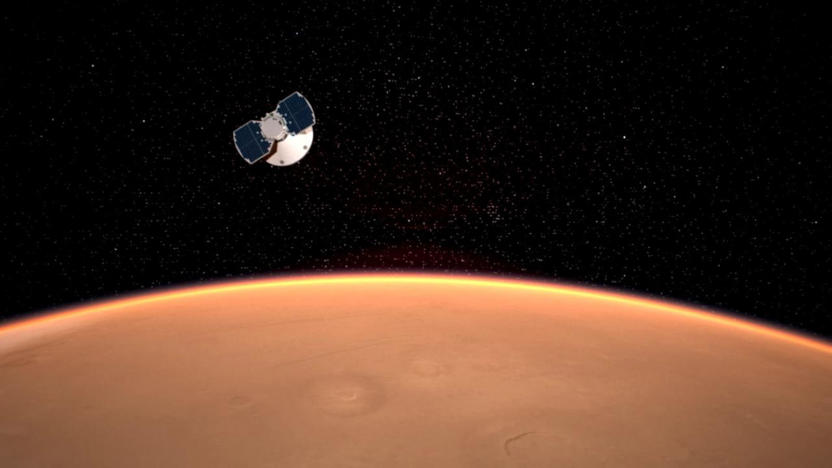
Watch NASA's InSight land on Mars tomorrow starting at 2PM ET
After a months-long journey, NASA's InSight lander is poised to touch down on Mars -- and you'd better believe NASA is offering plenty of ways to tune in. It's delivering live coverage of the landing on November 26th starting at 2PM Eastern (the actual landing starts at roughly 2:40PM) across virtually all its video channels. Suffice it to say you have many more options than when Curiosity reached Martian soil in 2012. In addition to the standard avenues, you can watch a commentary-free JPL feed, a Twitch stream and even 360-degree video on avenues like YouTube (same link as the JPL feed) and Facebook.
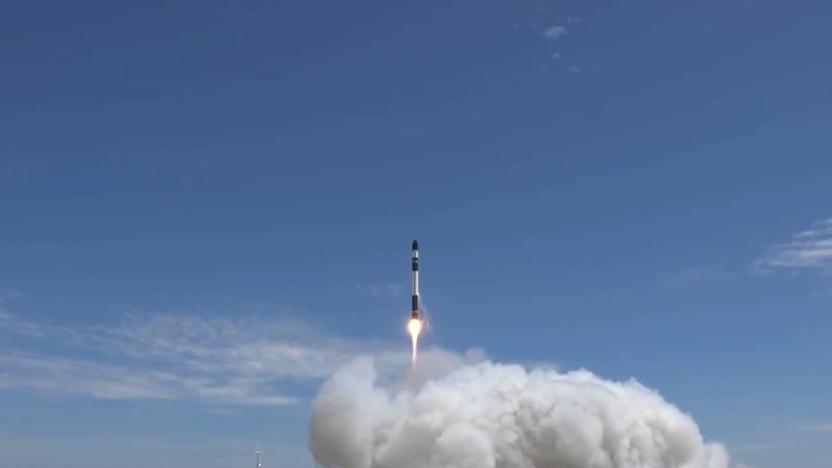
Rocket Lab completes its first commercial launch
After months of delays, Rocket Lab has completed its first commercial mission. The spaceflight startup successfully launched its Electron rocket into orbit carrying six small satellites, including five cubesats as well as a small weather satellite. The vessel also carried a payload that stuck to the upper stage to help test deorbiting technology.

FCC accuses startup of launching satellites without permission
Life isn't easy if you're a space technology startup: in addition to the outlandish costs, you have to clear all kinds of regulatory challenges that might cut your plans short if there's a snag. One company might not have been willing to take "no" for an answer, however. IEEE Spectrum has discovered that the FCC accused startup Swarm Technologies of launching four of its tiny SpaceBEE (Basic Electronic Elements) communication cubesats without obtaining the necessary approvals -- in effect, it would be the first satellite maker to go rogue.
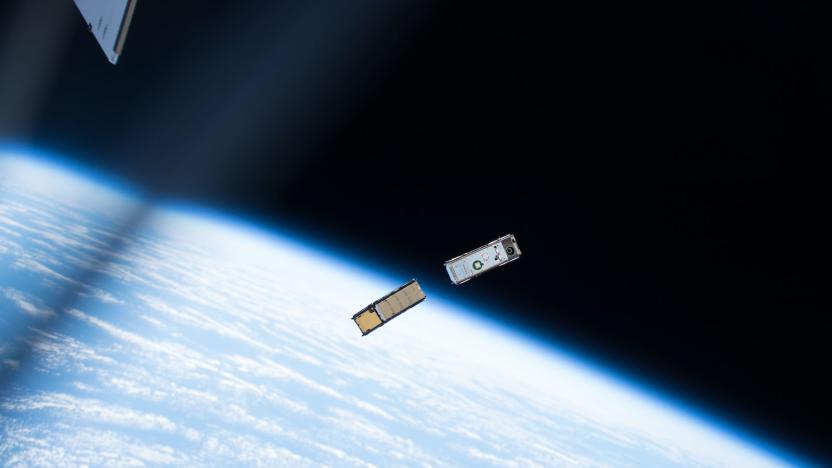
A tiny NASA satellite mapped Earth’s atmospheric ice
Last May, NASA launched a small, bread loaf-sized satellite into orbit around Earth. Dubbed IceCube, the satellite's mission was to measure cloud ice in our planet's atmosphere -- a challenging task that researchers have previously only been able to perform in limited ways. Sensing ice clouds requires measurements at a range of frequency bands but particularly within what are known as submillimeter wavelengths, or electromagnetic wavelengths that fall in between those of microwave and infrared waves. The problem is, instruments that can take those kinds of measurements have previously had to be on board high-altitude research aircraft, meaning measurements were limited to the areas where those aircraft were flying. Launching a satellite that can perform those measurements could open up what parts of the atmosphere can be studied, and that's where IceCube comes in.







